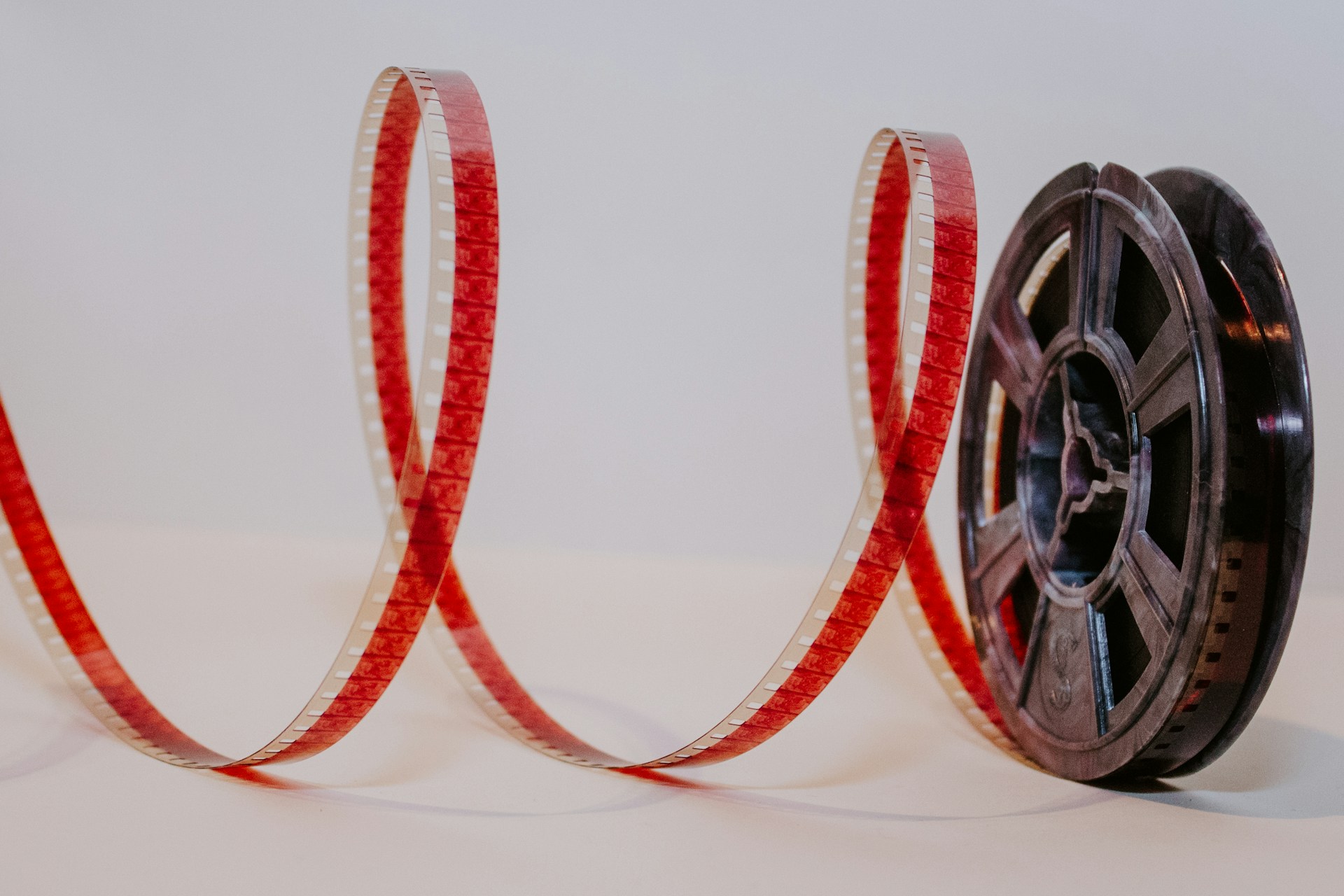It’s not the same wok as woke. With the former, you cook things; with the latter, not so much. Though, in a way, you do cook things differently. Theoretically, woke thinking emerged to make life in general softer, more pleasant, more bearable, and to spread respect among all, especially in the only correct and claimable direction: from the owners of almost everything, including respect itself, towards those traditionally dispossessed. But, as always happens, and it never became clear whether it was because the first group, the privilege owners, saw their possessions threatened or because the second group, the humiliated, decided to take (probably just) revenge, the term associated with awakened consciousness (woke) ended up in the crossfire just like a Chinese pan, or wok.
We’ve arrived. Cord Jefferson makes his feature debut (after cutting his teeth directing series like the extraordinary ‘Watchmen’) with an acidic, visionary, and very funny fable about the limits of cultural appropriation, the mistakes of pious progressivism, and, when it comes down to it, the eternally stale nature of fascism, the classic, apolitical kind of all time. That is, nothing we haven’t believed we’ve seen before. The novelty here lies in the intelligence, humor, and absolute lack of both prejudice and, most importantly, moralizing. No one is safe in this tale as melancholic and clear as it is slightly merciless.
The starting point is correct. Not even original and dazzlingly brilliant, just correct. A writer determined to be just a writer sees how good manners, the publishing market, hypocrisy, and even centuries-old guilt force him to be a “black writer” or be nothing. In other words, he is expected to turn identity into the sole possible scenario of his creation. The intention is good. It’s perhaps about reclaiming voices that have been lost for too long and waking them up, hence woke. But of course, that itself, without asking permission from the supposedly liberated, is still the condescending aggression of all time, that of charity in the most charitable of docile and soft senses.
The virtue and success of the movie are that it’s the black author himself who wakes up and demands his woke moment in a world where everyone wants to see him woke. I’m not sure if the double twist is understood, but that’s what it’s about: folding and undoing the woke in the fire or grill of this beautiful wok that is ‘American Fiction’. When, fed up with so much paternalistic good intention, our hero decides to pretend to be the writer everyone wants him to be (which, basically, is a bad writer), then the seams will burst, wounds will fester or flesh will open, however you want to put it, but it will start to bleed.
The entire movie hangs on the solid, slightly enraged performance of a giant Jeffrey Wright. On him and on a really accurate Sterling K. Brown in his nihilistic portrayal of his liberated homosexuality (this topic also deserves a few lines). Jefferson opts for a transparent staging and lets the script and the always contained acting do the talking. It’s true that, at times, the calm pace dangerously approaches that of a monotonous TV movie. And so, until reaching a simply splendid finale that forgives everything. How well the woke cooks in this beautiful woke wok.
By the way, the fact that it premiered directly on Prime Video without going through cinemas borders on the stingy. Just saying.
